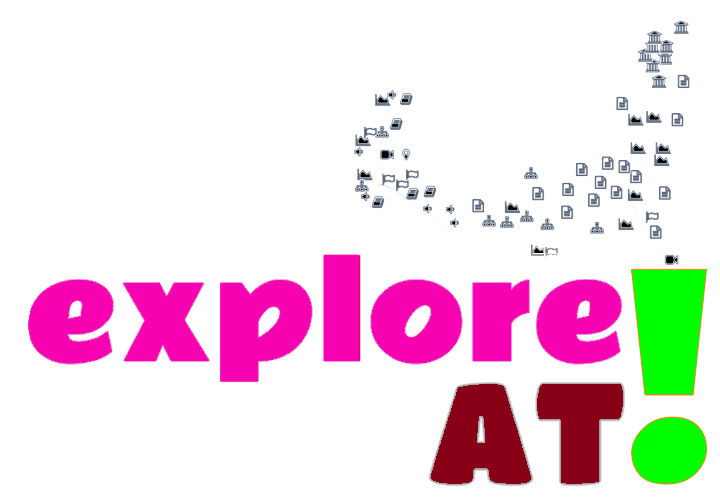
Austrian Academy of Sciences
Austrian Centre for Digital Humanities
Österreichische Akademie der Wissenschaften
Wohllebengasse 12-14, 2. Stock
1040 Wien
ExploreAT!
ExploreAT! - exploring Austrias culture through the language glass
The exploreAT! project aims to provide unique insights into the diversity of the German language (especially in Austria). With the help of innovative digital tools, a unique collection of Bavarian dialects in the region of the former Habsburg Monarchy (1911-1998) is being explored. The extensive corpus contains 200,000 main lemmas in about 4 million entries. The collection includes a 5 volume dictionary with about 50,000 main lemmas, covering a period from the beginnings of the German language to the present day. In addition, there are other databases, such as an image database attached to the document database, which includes illustrations and sketches made by the collectors to explain meanings. Within the database, interfaces for the use of Linked Open Data (LOD) will be created in order to be able to use ontological resources and thus ensure the representation of conceptual and semantic information.
Within the project, different working groups and scientific areas are covered. A main interest is to build an effective, reusable IT infrastructure, adapted to the research area, to provide historical-lexicographic content. This will link knowledge from European and global infrastructures and enable both scholars and laypersons to make general or specialized searches. From a humanities and social science perspective, insight into how users engage with content and what features they can explore in the corpus is significant in advancing knowledge about the evolution of German and human language in general.
exploreAT! investigates cultural aspects of language. Citizens are directly involved in the design of the research, the research process and its results using open innovation practices and methods.
This project fulfilled version 1.1 of the quality criteria for citizen science projects on Österreich forscht.
- language
- history

